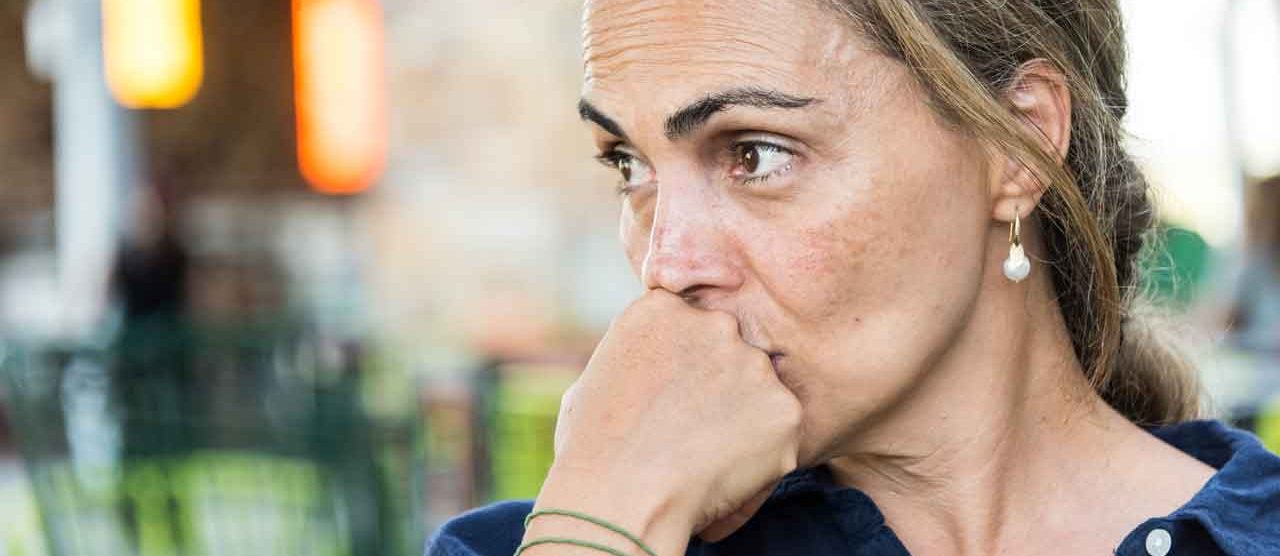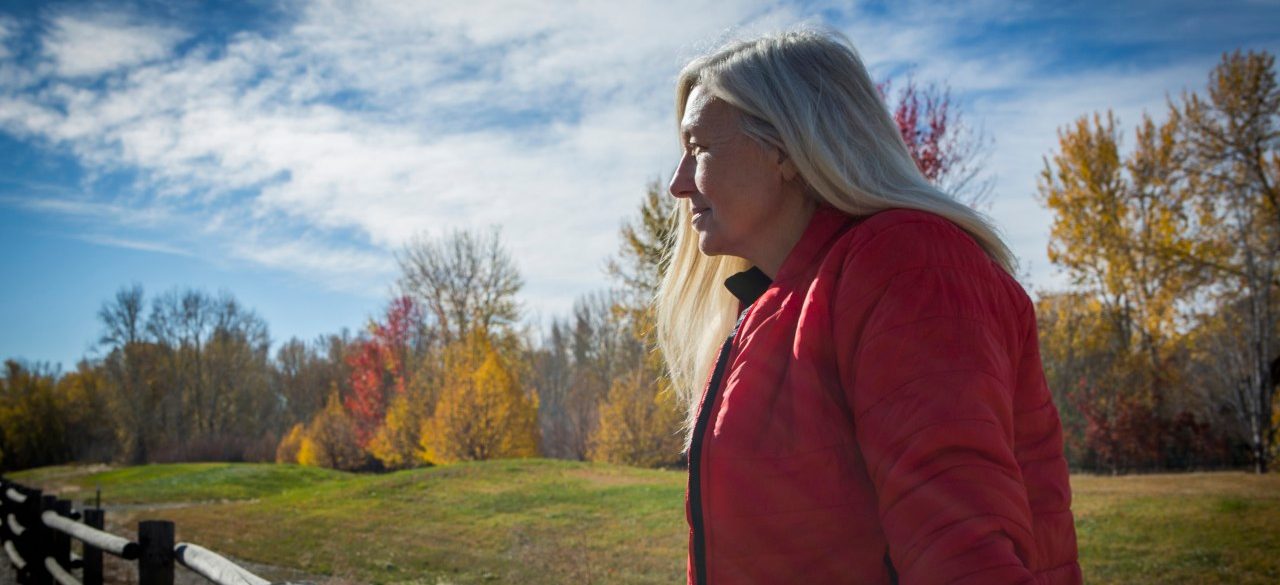February 28, 2018
Finding Purpose in Life After 50

Many women over 50 have children who are out of the home, or are about to be, and can look forward to retirement in fifteen years or fewer. Feelings of efficacy have the potential to decline when one stops working or raising children. Given these changes, it may be important for women to anticipate shifting or altering what gives them a sense of purpose in life.
YOU MIGHT ALSO LIKE: Your Body and Your Brain: Use Them or Lose Them
What is purpose in life?
Purpose may be defined operationally as having goals or interests that propel one into action and provide a feeling of efficacy. A recent article in the Journal of the American Medical Association described purpose in life as being “about reflective activities in which individuals perceive their existence to be meaningful and to include goals for which they live.”
Many studies have now connected a host of positive health outcomes with finding purpose in life. These include reduced risk of all of the following:
- Incidence of stroke
- Myocardial infarction for those with coronary heart disease
- Sleep disturbances
- Increased use of health care services
- Alzheimer’s disease
- Mild cognitive impairment
Purpose in life has also been associated with better cognitive function and extended longevity. Women therefore need to find new sources of fulfillment to maintain a good quality of life, good health arguably being at the top of the list.
Finding purpose in life
Adding to this large body of evidence, some of the very latest research now shows that finding purpose in life is associated with older adults’ ability to remain physically functional as they age. Importantly, this association remained significant after controlling for socioeconomic status. That is, being richer or more educated didn’t necessarily mean you will have better physical function, but having a sense of purpose did. Physical function was defined as grip strength and walking speed (muscle and cardiovascular function, respectively), a more objective measure than self-report, which can have inherent bias.
Furthermore, there were no findings for the reverse effect. That is, better physical function did not predict changes in purpose in life four years later. Therefore, being physically robust does not explain feeling psychologically robust, so to speak. The psychological preceded the physical in this case. These days, the emphasis is on improving one’s physical health in order to better one’s mental health, happiness, and well-being… which is not a bad idea. However, it is more novel to suggest that psychological well-being — having a sense of purpose in life in this case — may lead to better physical health.
The importance and implications of this research are obvious both practically and medically. The more one finds activities to engage in that provide fulfillment, the better one’s physical function. Whether it be physical exercise, engagement with friends in hobbies or social activities, or the mere fact of doing something every day, anything proactive or positive that cultivates one’s purpose in life will have an immeasurably potent effect on women’s health and longevity.
YOU MIGHT ALSO LIKE: More of Cheryl Slomkowski’s expert column for women over 50

